The steppes of Kazakhstan. Ondasyn bids his family goodbye as he sets off to sell horses at a market. On the road, he and his friends are killed by horse thieves. After his funeral the widowed family begins to pick up the pieces of their life when a stranger appears, wishing to make amends.
A lot more happens in the sparse story, but you wouldn’t know it from just reading the description. Directed by Yerlan Nurmukhambetov and Lisa Takeba with remarkable Scandinavian minimalism, the oddly named THE HORSE THIEVES. ROADS OF TIME thrives on things left unsaid. Shot with gorgeous widescreen cinematography, the film buries its drama in the expanse of the Kazakh wilderness. On the surface it has all the simplicity of a parable, but in the cracks of the subtext there are decades of unspoken trauma and loss. Using well established tropes of the western genre, THE HORSE THIEVES filters them through a unique point of view born from the cooperation of Kazakh and Japanese filmmakers.
At just over 80 minutes in length, THE HORSE THIEVES creates a small microcosm of fates that feels real. We never learn of the surrounding world, conventions, or what led to this point, and we don’t need to. There’s a sense of finality to the proceedings; like everything has been planned in advance and all we can do is play the part.
The initial shifts between characters feel uneasy and hard to follow. Once the film settles into a parable of fathers and sons it begins to soar. The son of Ondasyn, Olzhyn, takes the loss the hardest. He sleeps with a toy gun, and instantly clings to the newly arrived stranger. His sisters watch on the sidelines, too young to understand what is forming in the young man’s mind. Their mother, Aigal, carries on even as the pain numbs her to the outside. For reasons unexplained, the village turns on them, blaming Aigal for the loss. In classic western fashion, society begins to crumble from the inside.
It’s telling that when the mysterious Kairat (a superb Moriyama Mirai) arrives, there’s no telling how long has passed. Time has little meaning here, and the meditative pace emphasizes the small eternity every minute brings. Ondasyn’s attack is as meticulous as a dance performance, and the inevitability of it all leads to heart wrenching dread. Even in the end the film refuses to follow convention, allowing us to linger in the world created by man. There’s an insinuation that all this has happened before, but how much of that is projection is left unsaid.
This type of muted storytelling will certainly drive off some, even those accustomed to minimalism. There’s almost a stubbornness to how far the film goes to avoid dialog. As people meet each other after years apart, their inability to express how they feel is paramount. (“You vanished,” Aigal tells Kairat. “I couldn’t write,” he responds.) Silence is punctuated by bird calls and meows of stray cats, which emphasize the isolation. The violence festers in the background, lingering malignantly as we expect it to return at any minute. When it does break out, Nurmukhambetov and Takeba film it with unexpected frankness.
And as death arrives, it’s sudden and ugly; leaving what remains scattered in the wilderness.


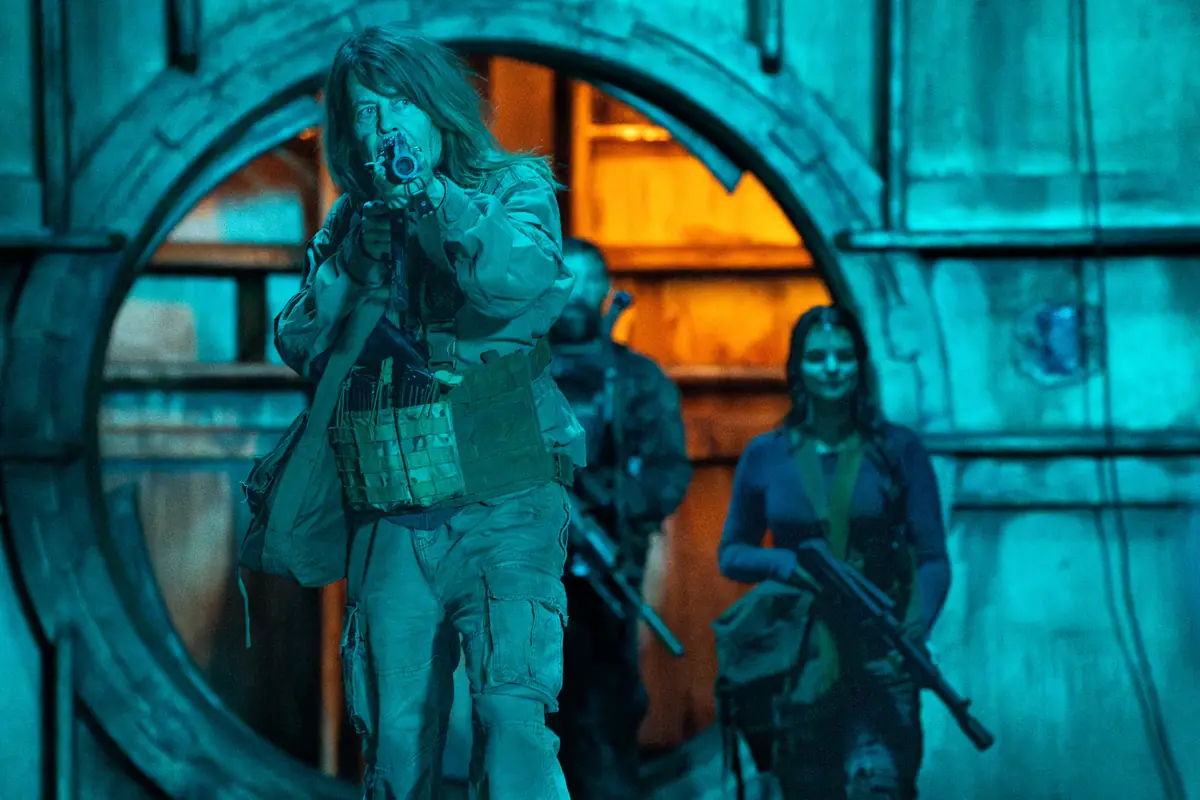

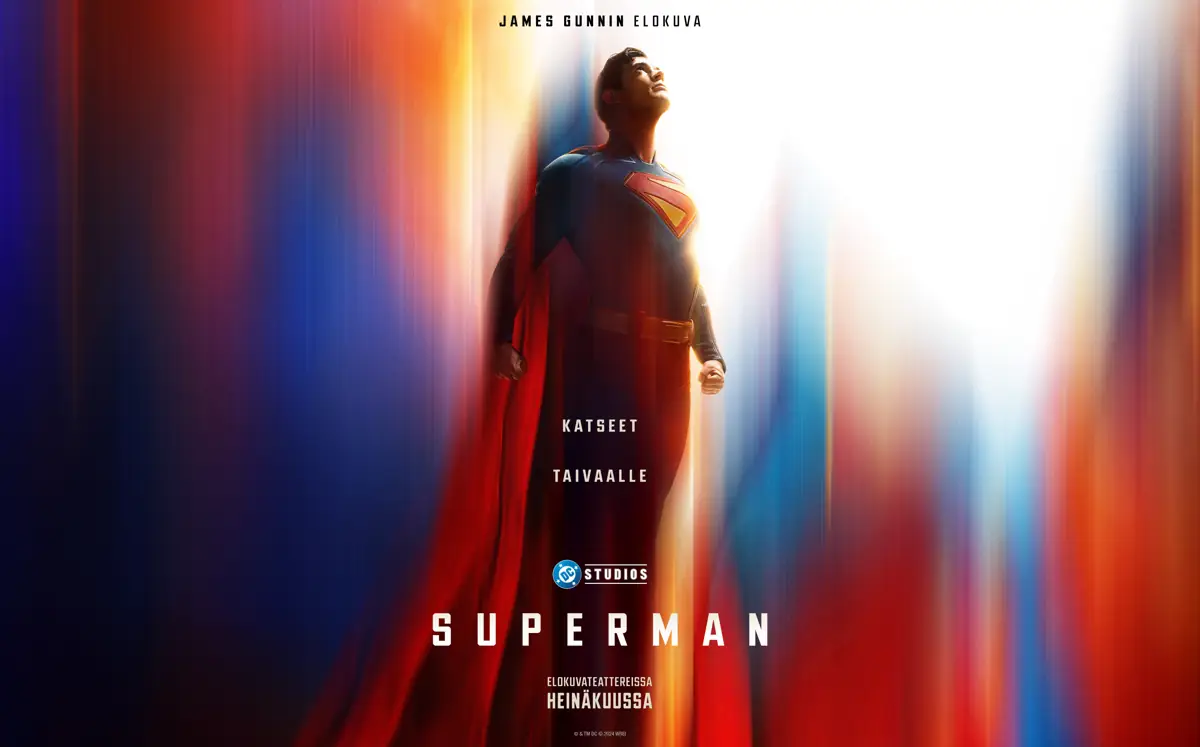

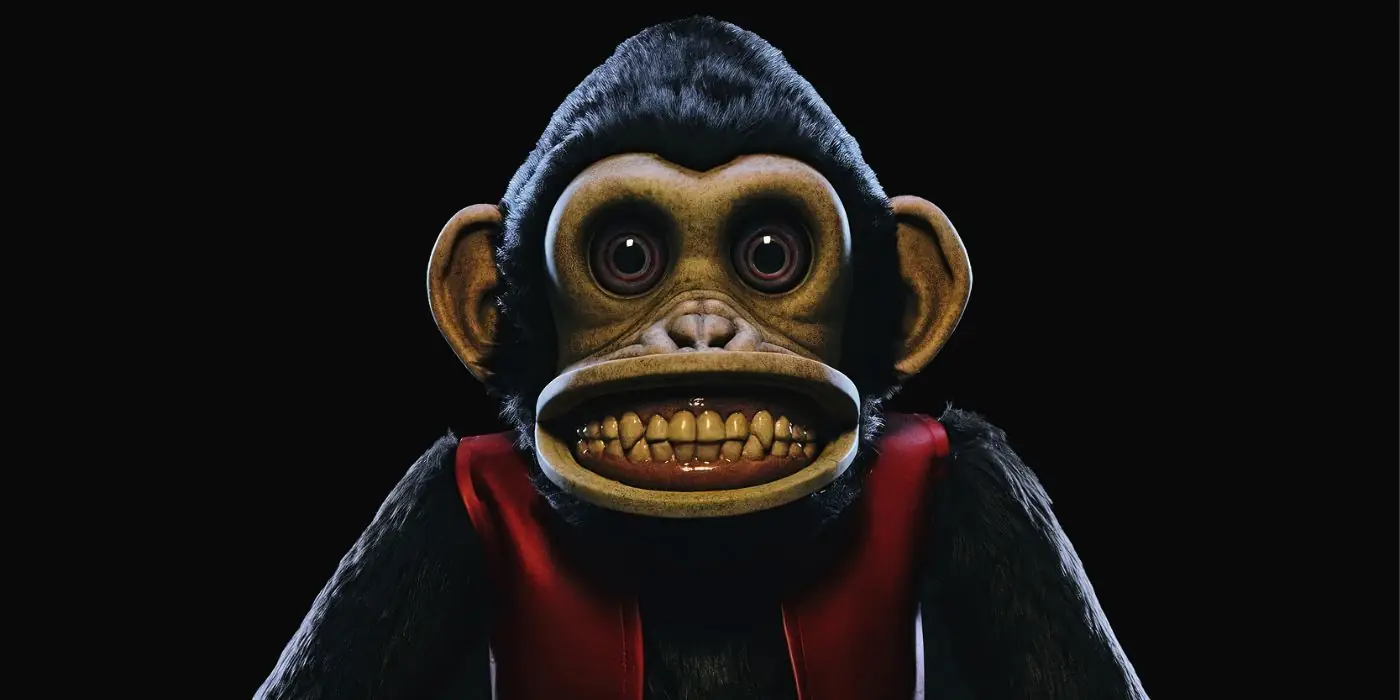
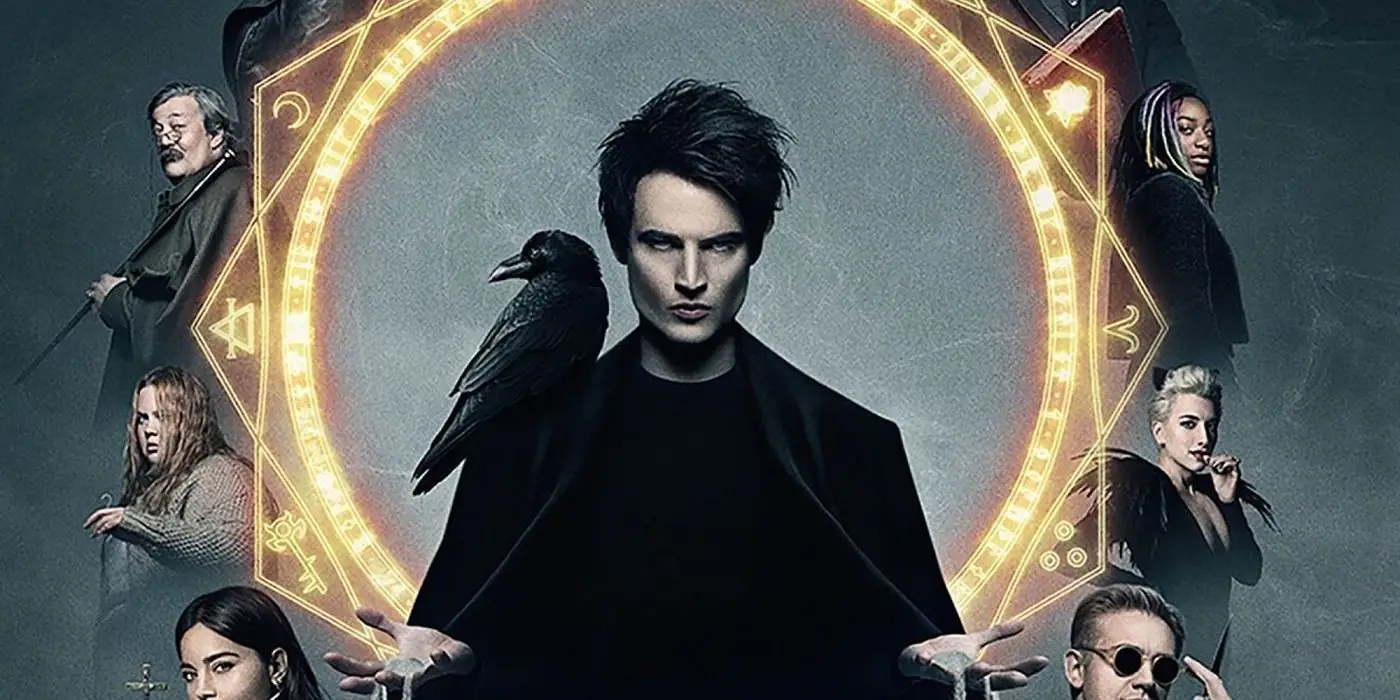
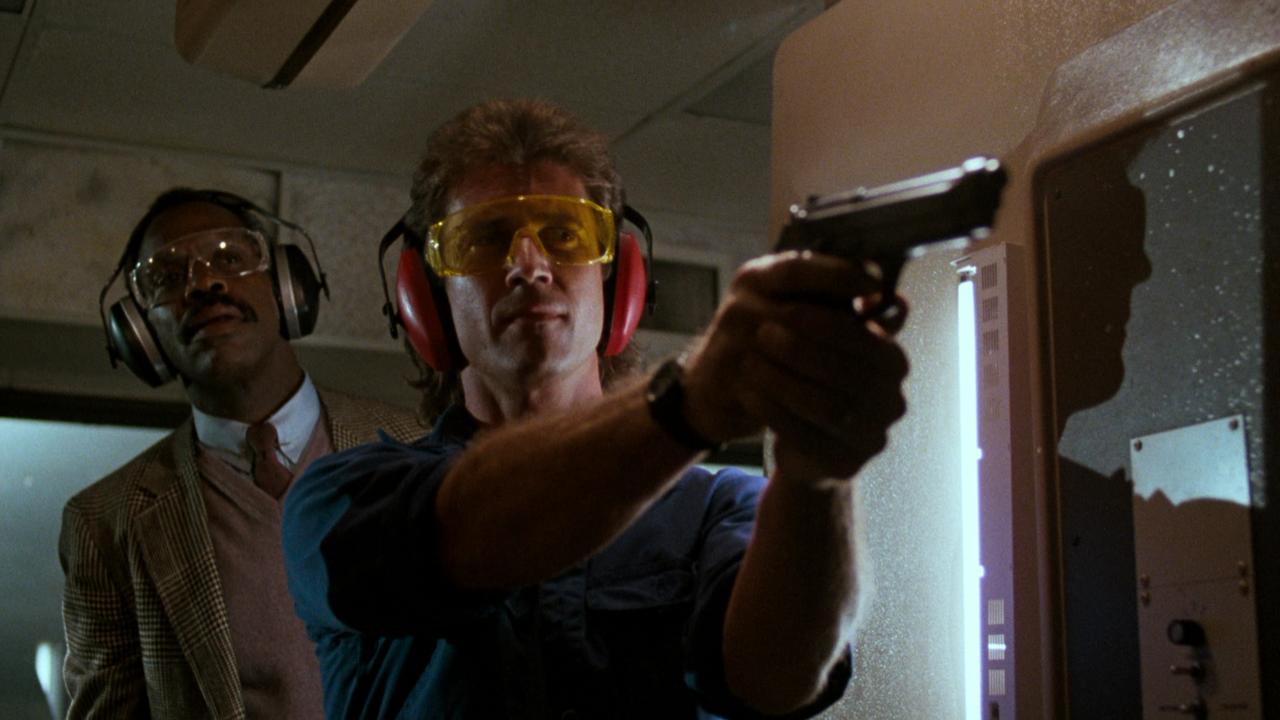

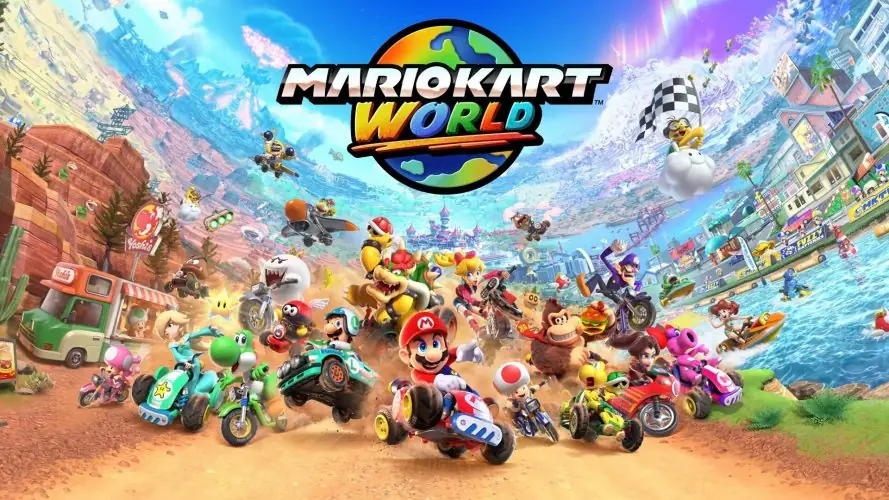
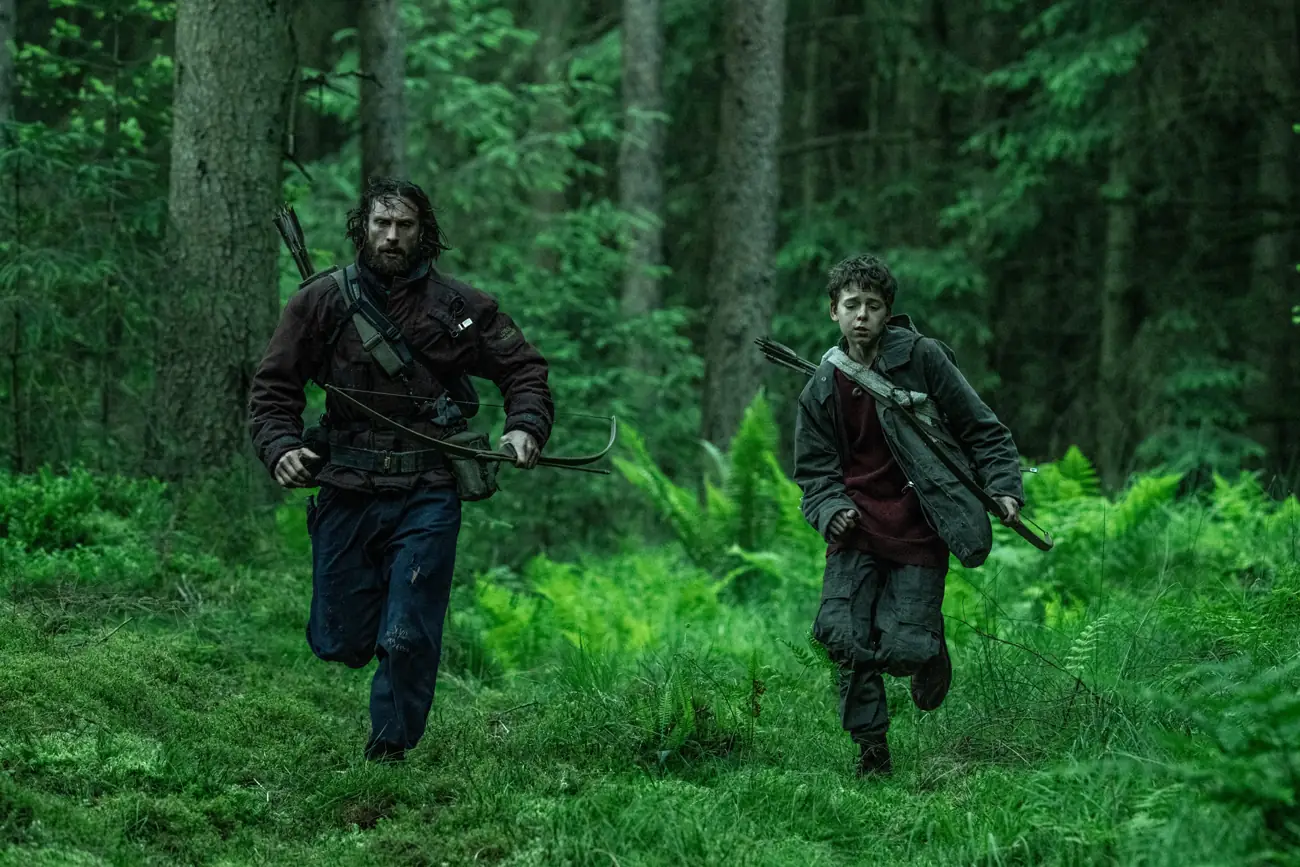

Discussion